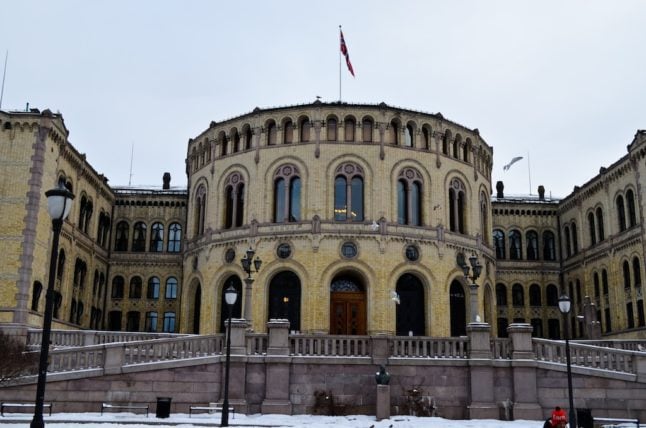The company, which was formerly known as William Demant, said in a press statement that it expected losses from the incident to run up to 550-650 million kroner.
On September 3rd, the company’s servers were hit by the attack, causing issues with production and distribution of Oticon hearing aids.
Markets in the United States – the company’s largest – as well as Australia, Canada and the UK were affected.
The company is one of Denmark’s largest and has a turnover of around 14 billion kroner. It employs some 14,000 staff.
Work to restore normal operation is ongoing and expected to be completed in 2-3 weeks.
“Cyber crime has has a significant impact on our ability to create the growth we expected in the second half of the year,” the company’s CEO Søren Nielsen said.
READ ALSO: 'One in eight' cyber attacks on Denmark successful: analysis



 Please whitelist us to continue reading.
Please whitelist us to continue reading.
Member comments